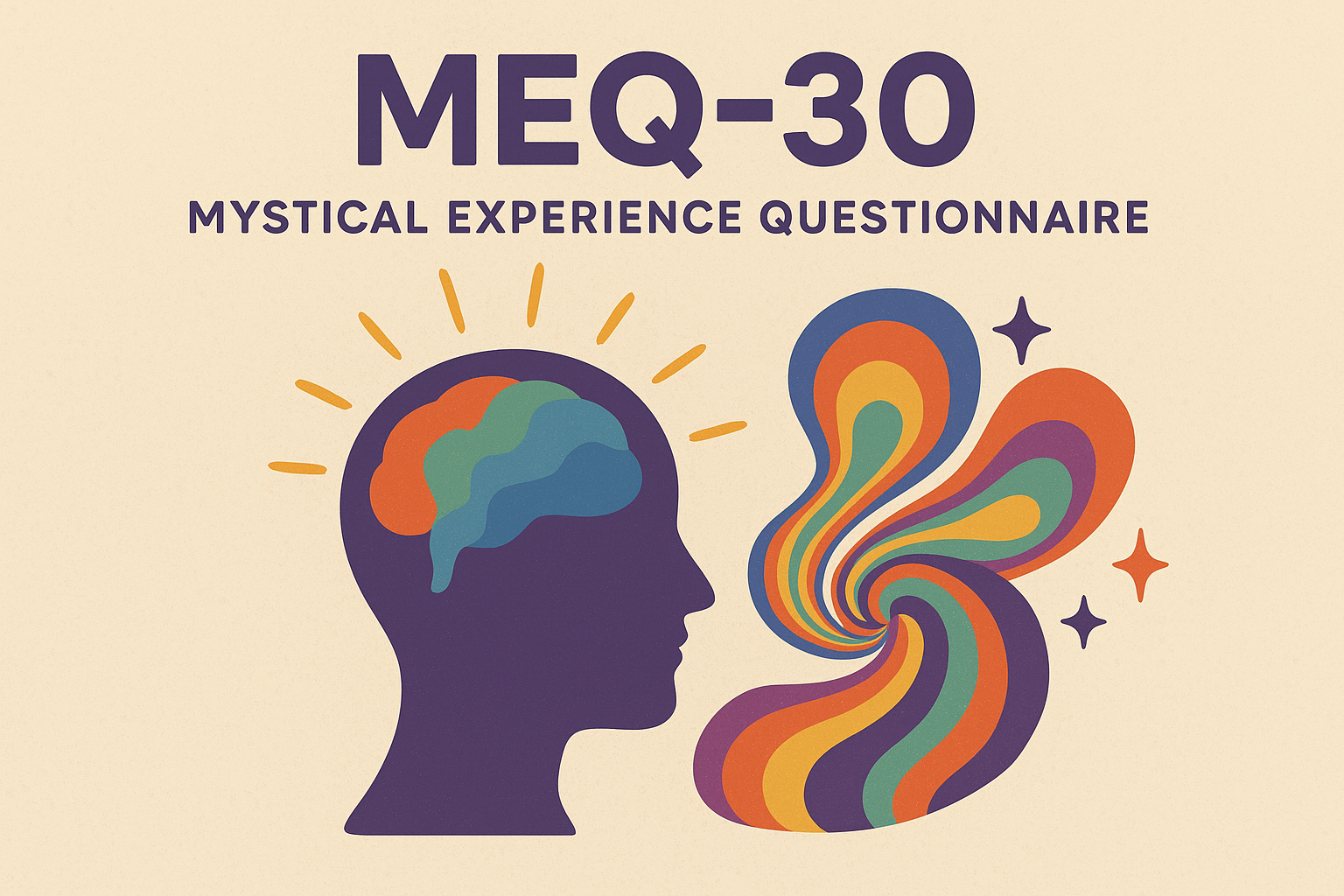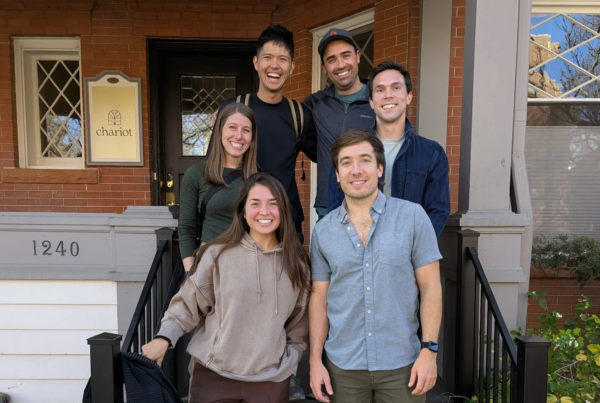

This is a guest post from our friend, Juliana Voss-Andreae. She attended Psychedelic Science 2025 with us and is doing research as part of her senior thesis at Reed College around psychedelic experiences. We’d appreciate helping her out with her research if you’re so inclined.
Have you ever wondered if taking psychedelics at a rave could be just as healing as taking them in a sacred ceremony—or even at home, alone in your living room? From your mindset and preparation, to the people around you, the setting, and even the music that plays—so many variables come together in creating a psychedelic journey. And of course, each person brings their own unique psychology into the mix. In the psychedelic field, these personal and environmental factors are often called “set and setting.” While researchers agree that set and setting strongly influence the outcome of a trip, the specifics have yet to be explored. We want to know what matters most: the preparation, the integration, the atmosphere, the people, the rituals, the music, perhaps something else? That’s where my senior thesis research at Reed College comes in. My study seeks to untangle these threads by exploring how different contexts shape the intensity of the mystical experiences.
Why Mystical Experiences Matter
Across studies, one thing keeps showing up: the most transformative and healing psychedelic journeys often share common features—feelings of unity, transcendence of time and space, deeply felt positive mood, a sense of sacredness, and ineffability. Researchers call these mystical experiences, and the evidence is striking: the stronger the mystical experience, the more likely people are to report lasting benefits such as reduced depression, greater well-being, or reduced fear of death. Although mystical experiences are consistently linked with better outcomes, very little is known about what factors actually increase the intensity or likelihood of having one. By studying these factors in detail, we can better understand how to support safe, meaningful, and healing psychedelic use—both in clinical therapy and in naturalistic settings.
Why This Research Matters
Psychedelic-assisted therapy is showing promise in the treatment of a variety of mental health conditions, including depression, PTSD, and end-of-life anxiety. Yet, beyond the clinical uses, countless people explore psychedelics in recreational, spiritual, and personal growth contexts. If we truly want to unlock their potential, we need to understand not just that set and setting matter, but how they matter. This isn’t just a scientific question—it’s a philosophical one. Mystical experiences often shake the very foundations of how we perceive the world. They raise profound questions about the nature of reality and consciousness itself. To treat these experiences merely as tools is to miss the deeper truth they point toward—one that has long been recognized in Indigenous and traditional contexts around the world, where psychedelics are not seen as “interventions,” but rather as sacred medicines embedded in ritual and community.
How You Can Participate
I’m inviting people who have used psychedelics in any context—clinical, ceremonial, recreational, or personal—to take part in this research.
- The survey takes about 9 minutes to complete.
- Participants must be 18 or older and have had at least one psychedelic experience.
- At the end, you’ll have the option to enter a raffle for a chance to win one of nine $50 cash prizes.
Your input is greatly appreciated and will directly help advance psychedelic science by clarifying how set and setting shape mystical experiences. This study has been reviewed and approved by the Reed College Institutional Review Board (IRB), ensuring it meets ethical research and anonymity standards. If you’d like to learn more or have any questions, please feel free to reach out at julianav@reed.edu.



